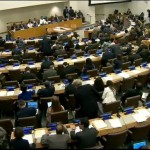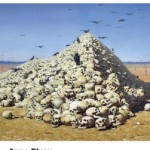With the world on track this century for 3-4 degrees of global warming, accelerating species extinctions, polar melting, the devastation of marine ecosystems and the loss of the Amazon as a tropical ecosystem, planet Earth faces an unprecedented ecological crisis; one that constitutes a profound threat to international security and a seemingly insurmountable political challenge.
This forum follows the publication of the Manifesto of “Planet Politics” in 2016, which argued that a state-centric mentality and world order was failing to both see and respond to this crisis. Our diverse group of experts consider just what it will take to reorient the field and global institutions to support efforts to prevent dangerous levels of climate change and reverse global ecological degradation. We asked them to consider what political, cultural and system change would look like – whether in particular sites or struggles, or in the system as a whole - and how best might it be pursued. What practices of ecological solidarity and resistance can be most effective? How can we imagine and create a different kind of world order, one that truly appreciates the ecologically entangled world which it claims to govern?

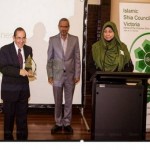
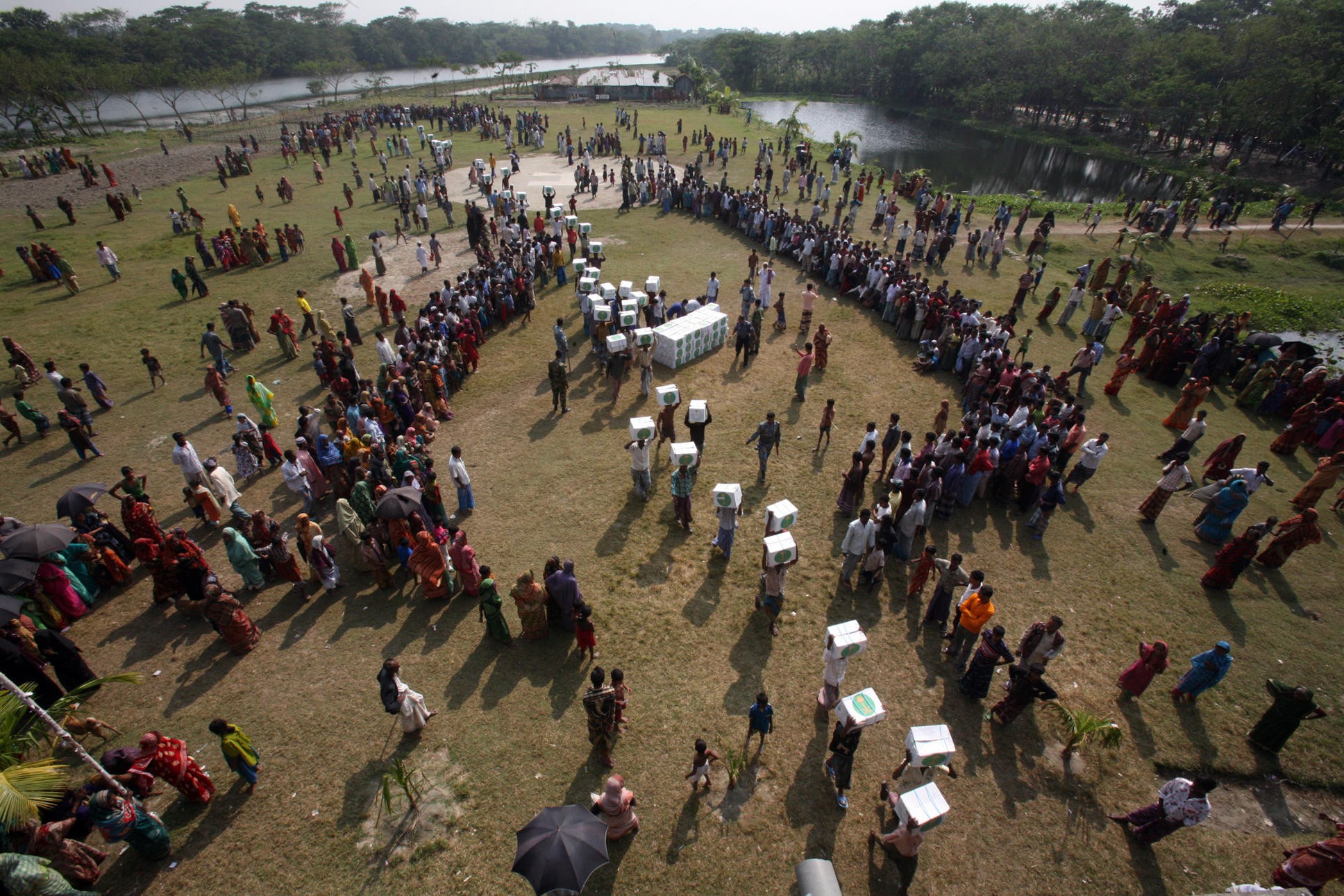
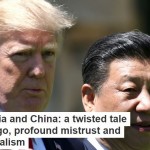


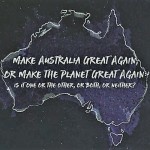
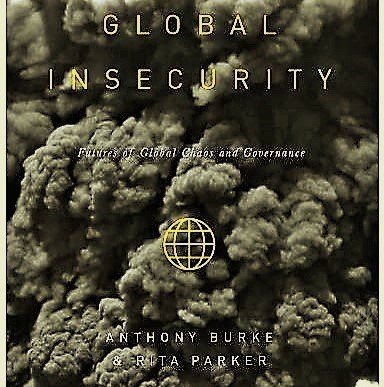 Joseph Camilleri, 'Insecurity and Governance in an Age of Transition', in Anthony Burke and Rita Parker (eds), Global Insecurity: Futures of Global Chaos and Governance, London: Palgrave Macmillan, 2017, pp. 23-41.
Joseph Camilleri, 'Insecurity and Governance in an Age of Transition', in Anthony Burke and Rita Parker (eds), Global Insecurity: Futures of Global Chaos and Governance, London: Palgrave Macmillan, 2017, pp. 23-41.